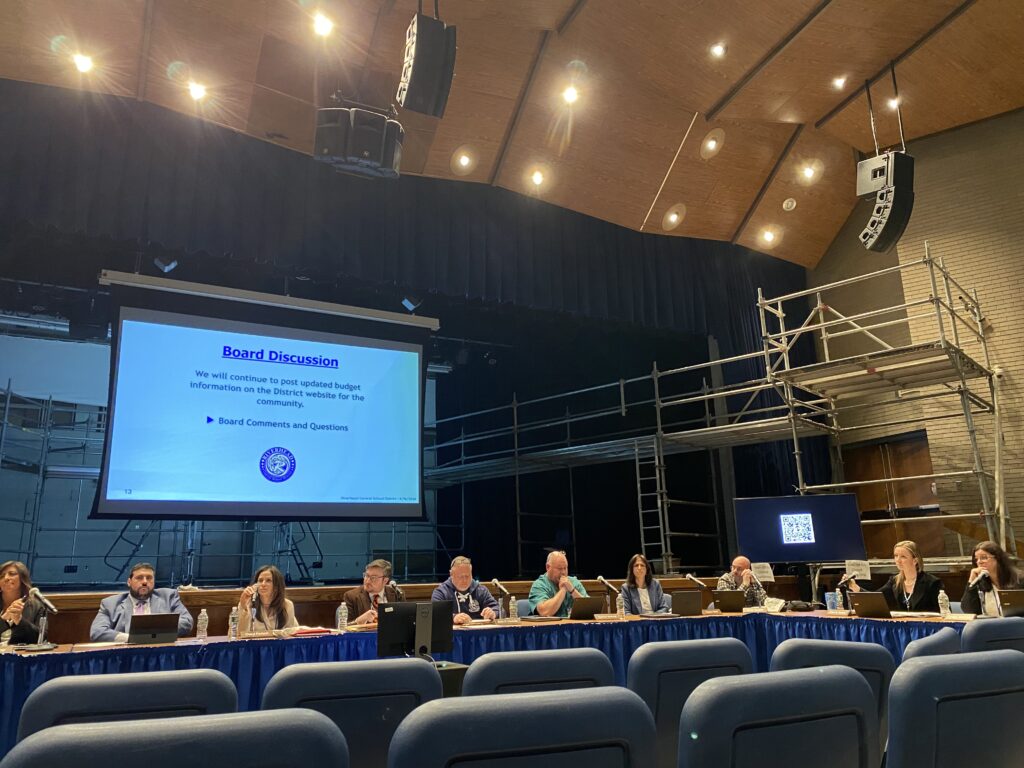Pilot program aims to reduce greenhouse gases using food scraps

While the Riverhead Town Board and the Riverhead Highway Department have argued in the past over who is responsible for removing leaves, the town’s Environmental Advisory Committee has a different take.
“All the leaves everybody’s arguing about? I want them,” said Mark Haubner, the co-chair of the committee, at a recent Town Board meeting. “You keep bringing them because we’ve got plans to mix those with greens to make compost that could be a salable thing through the municipality.
The committee, along with the town engineering department, the Greater Calverton Civic Association, Cornell’s Horticultural Research Center, Roanoke Lavender Farm and several Calverton restaurants and residents are all working on a pilot program aimed at reducing greenhouse gases and possibly creating a mulch that can be sold.
Mr. Haubner said they plan to expand the program next year, going from 10 homes and three restaurants in Calverton to 300 homes and 10 restaurants.
Food products are mixed with leaves and yard waste at the Cornell site and the lavender farm, Mr. Haubner said.
They are also considering bringing it to schools next year, he said.
At the Nov. 1 Town Board meeting, Mr. Haubner introduced the “food scraps to compost” program, which they have been doing since August.
“We have pulled 1.65 tons of food scraps from the solid waste stream in Riverhead,” he said.
He said food scraps that are buried in the landfill emit twice their weight in methane.
“The implications of that are that 3.2 million tons of methane have been averted from the landfill” by the pilot program, he said.
According to a bulletin from the Environmental Advisory Committee, Riverhead’s 36,000 residents create nine tons of food scraps every day, and Americans waste 40% of their food at a rate of a half-pound per person per day.
Mr. Haubner said he also made a presentation before the Long Island Farm Bureau.
Rob Carpenter, the administrative director of the Farm Bureau, said: “The farm community has been supportive of recycling and the ability to reutilize product, such as leaves or grass clippings, for properly composted products to reuse on farms. So, generally, we’re very supportive.
“The only questions are things like who is going to be on the farm, and how is it going to be done safety, that will need to be worked out,” he said.








